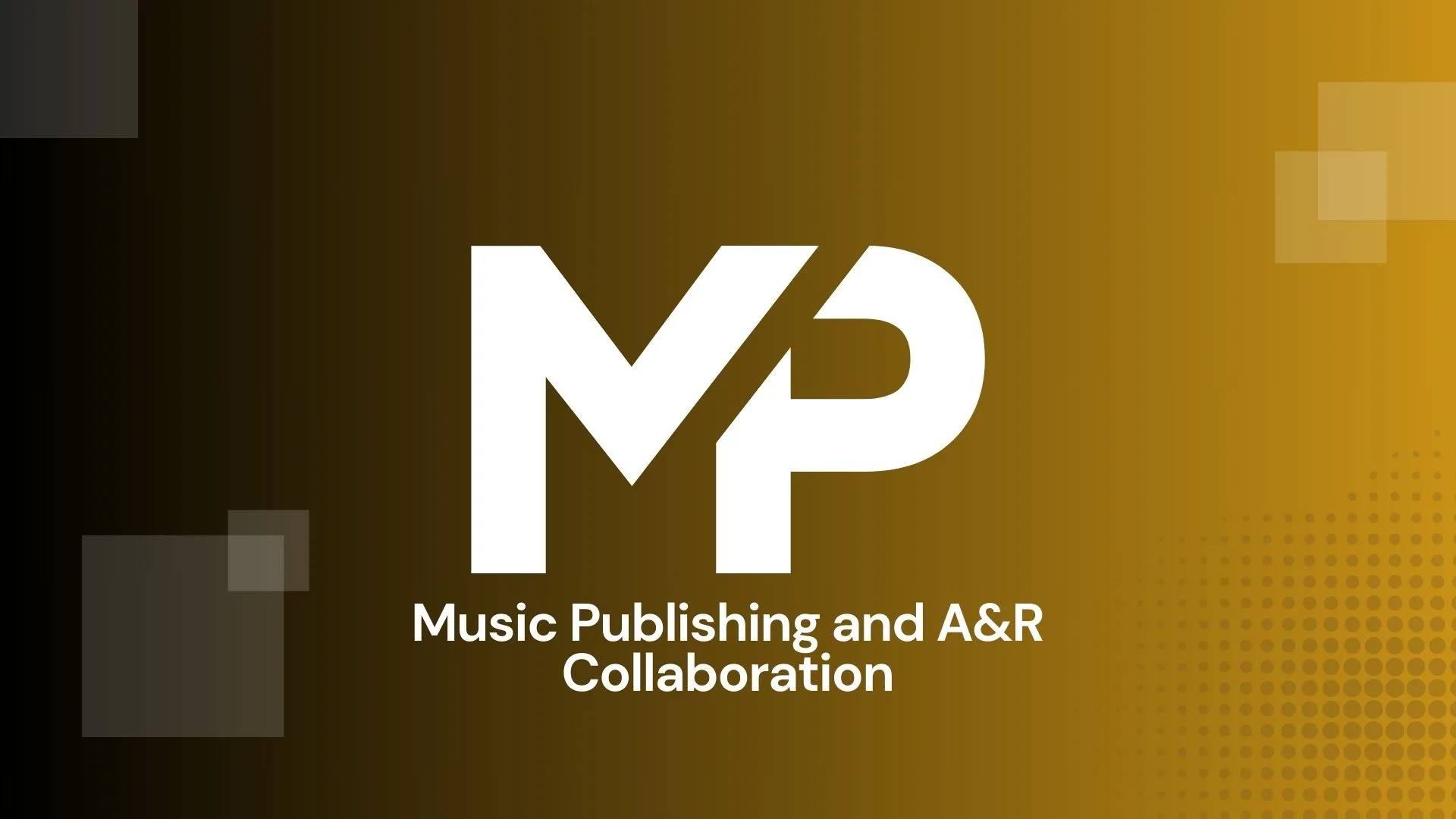
What is Music Publishing?
Music publishing is the business of exploiting compositions and songwriters’ rights to generate income. It involves the licensing, administration, and promotion of musical works. Music publishers work closely with songwriters and composers to ensure that their creations are properly protected and monetized.
Importance of Music Publishing
Music publishing plays a vital role in the music industry ecosystem. It serves as the bridge between songwriters, composers, and artists, and the entities that want to use their music. It ensures that the creators receive fair compensation for their work while enabling others to utilize the music for various purposes, such as recording, performance, synchronization in films, adverts, and more.
Key Players in Music Publishing
Songwriters
Songwriters are the creative geniuses who compose the musical works. They are at the heart of the music publishing process as their compositions are the valuable assets that publishers aim to exploit. Songwriters can be individuals or collaborate in groups.
Music Publishers
Music publishers are the companies or individuals responsible for acquiring and administering the rights to musical compositions. They act as intermediaries between songwriters and potential licensees. Publishers handle tasks such as licensing, collecting royalties, protecting copyrights, and promoting music.
Copyright Collection Societies
Copyright collection societies, also known as performing rights organizations (PROs), act on behalf of songwriters and publishers to collect royalties from various sources, such as radio, TV broadcasting, streaming platforms, and public performances. They play a crucial role in ensuring that songwriters receive fair compensation for the use of their music.
Music Publishing Agreements
To establish a formal relationship between songwriters and publishers, music publishing agreements are crafted. These agreements outline the terms and conditions regarding rights management, royalty splits, duration, and other specific conditions to ensure a transparent and fair working relationship.
Types of Music Publishing Deals
Traditional Publishing Deals
Under a traditional publishing deal, songwriters assign a percentage of their copyright ownership to the publisher in exchange for various services, including song pitching, licensing, royalty collection, and promotional support. In return, songwriters receive advances and share royalties with the publisher according to the agreed-upon terms.
Co-publishing Deals
Co-publishing deals are a form of collaboration between songwriters and publishers where both parties share ownership of the copyrights. Typically, the songwriter retains a higher percentage (usually 50%) of the ownership, while the publisher receives the remaining share. This arrangement allows songwriters to maintain creative control while benefiting from the publisher’s expertise and resources.
Administration Deals
In an administration deal, songwriters maintain full ownership of their copyrights, but grant the publisher the right to administer their works for a specific period. The publisher handles tasks such as licensing, royalty collection, and exploitation, while the songwriter retains control over creative decisions and receives the majority of the royalties.
Royalties in Music Publishing
Royalties form the financial backbone of music publishing. Songwriters and publishers receive various types of royalties from different music uses:
Mechanical Royalties
Mechanical royalties are generated from the reproduction of compositions onto CDs, vinyl records, digital downloads, and streaming. These royalties are typically calculated based on a fixed percentage or as a mechanical royalty rate per unit sold or streamed.
Performance Royalties
Performance royalties are earned when compositions are performed or broadcasted in public, including on the radio, TV, live concerts, or through streaming services. Performance royalties are collected by PROs and distributed to the songwriters and publishers.
Synchronization (Sync) Licensing Royalties
Sync licensing allows compositions to be synchronized with visual media, such as films, TV shows, advertisements, video games, and online content. Songwriters and publishers receive sync licensing fees in exchange for granting permission to use their music.